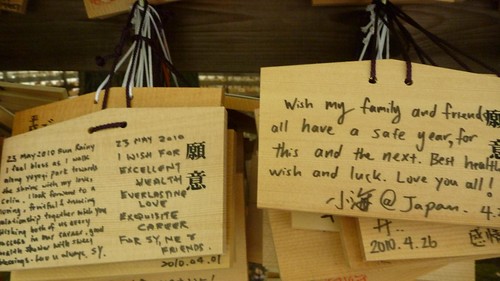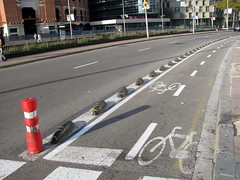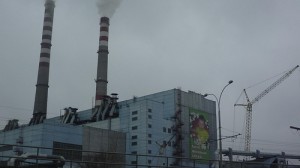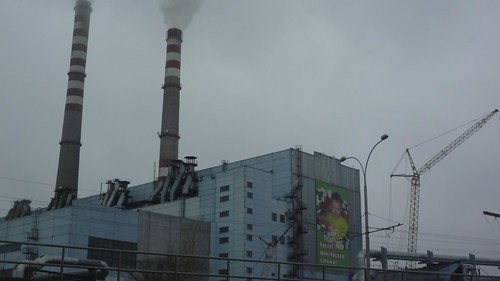 I had to read the sentence a few times out loud to friends in order to understand if I was getting it wrong: “all but two of Japan’s 54 nuclear reactors have been shut down since the Fukushima disaster last year.”
I had to read the sentence a few times out loud to friends in order to understand if I was getting it wrong: “all but two of Japan’s 54 nuclear reactors have been shut down since the Fukushima disaster last year.”
How could that be? A nation that was so, seemingly, dependent on nuclear energy, within a year after a major disaster, goes almost completely off of nuclear energy. In my mind this would leave Japan completely in the dark and in a terrible situation when it comes to availability of power. That’s not because I like or want nuclear energy, it is purely from the thinking that Japan was so dependent on that type of energy.
As it turns out, Japan was not quite dependent on nuclear. Officially 1/3 of their energy came from their 54 reactors. So the country would be operating on only 2/3 of its normal power capacity. Of course it is also winter, so the air conditioners haven’t kicked in yet, which could amount to a massive amount of increased power demands. Meanwhile it has been reported that the government has been pushing for big power conservation activities in both business and residential buildings. Add to that whatever quick power generating solutions the country could setup within a year, and you’ve got the current situation for Japan. But will this hold?
To get a better idea of what is going on, I turned -not to the media- but to a concerned citizen on the ground in Tokyo, to find out what information is available there and what they’re experiencing on a day to day basis. Frequent guest of the podcast and my good friend Karamoon replied to my questions as follows:
Very few people in Japan are aware that almost all the nuclear
reactors are still offline. The situation is not mentioned in the
Japanese media.No black outs here at the moment. Things *may* be different in the
summer when people start using air conditioning and the load on the
power grid could therefore be much greater.I guess there are 3 reasons that we have enough power here. The main
reason is that the non-nuclear power plants usually operate at much
less than 100% of their maximum capacity. When the nuclear power
plants were taken offline, the non-nuclear plants started to run at
full capacity, making up for the shortfall. The cost of running a
nuclear plant is the same regardless of the output level, so they are
always run at close to 100% capacity. Non-nuclear plants are more
efficient when running at lower capacities, and are used to provide
flexibility when the load on the power grid changes with the seasons,
for example.A second reason is that companies are making their own power, and may
even be able to sell surplus power in the near future. A third reason
is that companies have been taking measures to use less energy.It is important to remember that nuclear power is essentially a myth.
Also, nuclear power plants require vast amounts of oil during their
life cycle and, therefore are clearly not carbon-neutral. (whatever
that really means)
Once again it is only one wise citizen’s observation, but he touches on several important issues that clearly aren’t making it into the media in Japan and nations that have nuclear energy are often afraid to discuss: the real cost of nuclear energy, what we could really do if serious conservation efforts were made. We’re so often told nuclear energy is necessary because our lifestyle demands so much energy, but then in one short year one of the most modern nations in the world shows that if people really have to, they can change their lifestyle and still live well.


